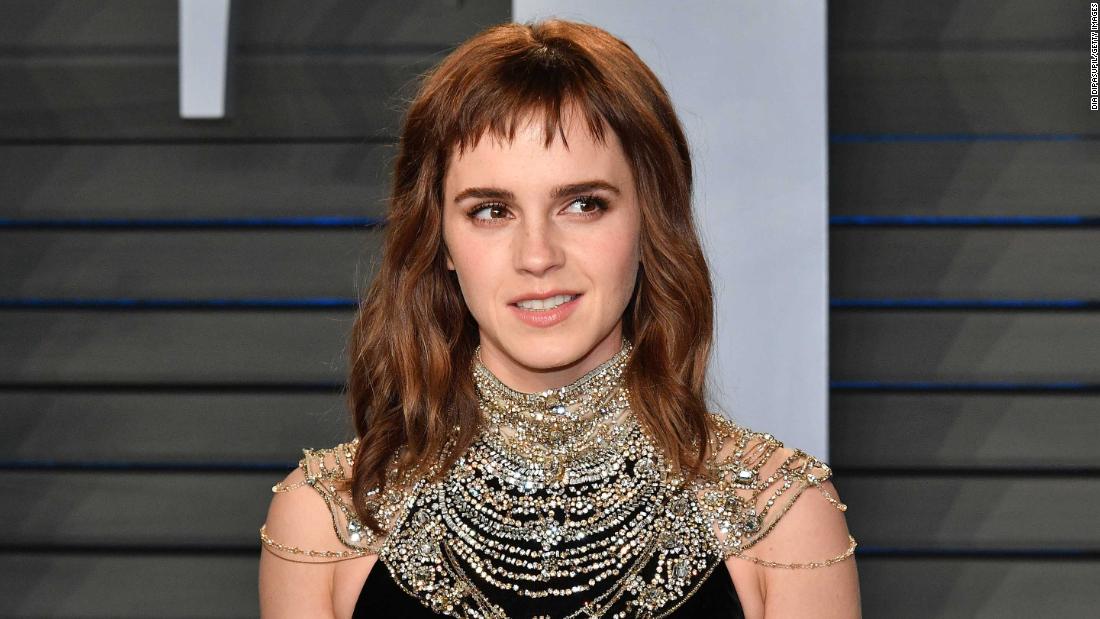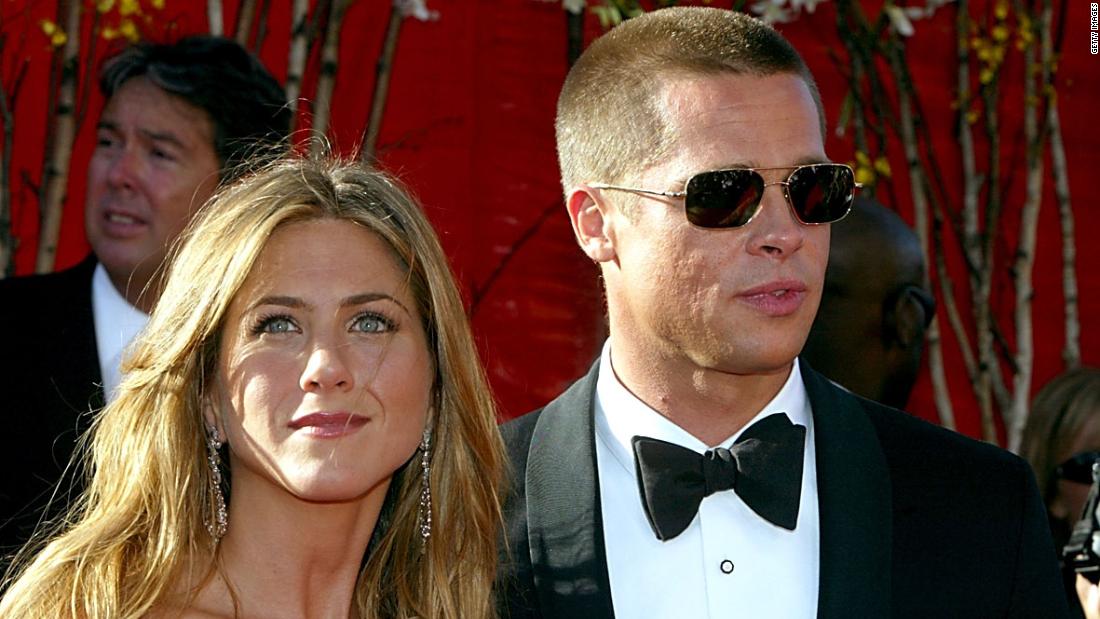
Emma Watson’s ‘self-partnership’ shows we’re in a golden age of singlehood
November 14, 2019
London (CNN)“I call it being self-partnered.”
Talking to British Vogue, the “Harry Potter” star and UN goodwill ambassador discussed her romantic life as she approached her 30th birthday.
“I never believed the whole ‘I’m happy single’ spiel,” she said. “I was like, ‘This is totally spiel.’ It took me a long time, but I’m very happy (being single). I call it being self-partnered.”
Gossip columnists immediately bemoaned the actress’ self-coined phrase, while supporters on Twitter leapt to her defense.
To some, Watson’s new addition to the cultural dictionary reflected nothing more than self-indulgence from a celebrity out of touch with the real world. To others, it was a rare example of a public figure breaking free from the shackles of gawkish expectations and verbalizing the realities of life and love.
But perhaps Watson was expressing something quite mundane — by celebrating singlehood, experts say, she was reflecting the changing way in which millennials are moving through life.
“I was delighted by the news,” Kate Bolick, the author of bestseller “Spinster: Making a Life of One’s Own,” told CNN. “When I was Watson’s age, there wasn’t a public conversation about the very real benefits of living and being alone. It heartens me to think that young people today are getting this message, and that perhaps society is on the road toward not being obsessed with coupledom.”
Far from being obsessed, the evidence suggests more young people are single than ever before. In the United States, 51% of young people aren’t in a relationship, a 2019 study found. Other research has found that millennials and Gen Z-ers have more positive views of single life, and are actively choosing it far more often.
Nonetheless, Bolick says Watson’s decision to revel in her singlehood was a significant milestone. “For old stigmas and stereotypes to fall away — such as the single woman as a lonely old spinster — it really helps to have celebrities and other public people out there as living proof,” she said.
Changing attitudes
“When I was in my 20s, the only cultural examples of single women were fictional — (like) Carrie Bradshaw and Bridget Jones — and though they lived independently, they were obsessed with finding love,” Bolick said.
Around the same time, the love lives of real-life female celebrities were put under the microscope.
Every available detail of Jennifer Aniston’s relationships was splashed across magazine covers, the public reveling in her marriage to Brad Pitt and pitying any gaps in her romantic resume.
But as the public’s view of relationships changes, celebrities are being given space to reclaim their own narratives.
While Watson settled on some creative vocabulary, for Aniston the opportunity came via Instagram. “People are already in my panty drawers all the time,” the “Friends” star told The Guardian this week of her record-breaking debut on the platform. “I want them out of my panty drawers … but now I can decide which pair to show them.”
“A major function of celebrity is how it gives ordinary, non-famous people access to an idealized fantasy life,” Bolick said. “When marriage and kids is the ideal, celebrities are expected to have those things. The fact that Emma Watson is representing a different type of life means that society’s ideals are changing.”
Those ideals are changing rapidly. In 2017, the Census Bureau reported that a record number of adults in the US were not married, and those who did marry were taking longer than ever to get there. Those trends have rapidly been replicated around the Western world, studies by the Organisation for Economic Co-operation and Development, and several other organizations have shown.
A whole number of factors are behind the figures; financial pressures, the declining importance of religion and the increased proportion of women in work have all been cited.
But whatever the reasons for people remaining single, it’s clear that the pattern is here to stay — and celebrities are now starting to reflect it.
A lingering stigma
A carefree attitude to single life isn’t found everywhere, though.
Social psychologist Bella DePaulo has studied the attitudes of people towards single and coupled-up peers for years. “We found that single people were judged more harshly than married people when both were said to be 40 years old, and even when both were said to be just 25,” she told CNN.
Watson would certainly recognize that stigma. “I was like, ‘Why does everyone make such a big fuss about turning 30? This is not a big deal,” she said elsewhere in her Vogue interview. “Cut to 29, and I’m like, ‘Oh my God, I feel so stressed and anxious. And I realize it’s because there is suddenly this bloody influx of subliminal messaging around.
“If you have not built a home, if you do not have a husband, if you do not have a baby, and you are turning 30, and you’re not in some incredibly secure, stable place in your career, or you’re still figuring things out… There’s just this incredible amount of anxiety.”
DePaulo has also studied people who enjoying single life. “Probably more of them start out like Emma Watson,” she said. “They think they should be dating and looking for The One. When they approach a certain age, they think they should be married. Some actually do marry. But whether they marry or not, they realize at some point that they don’t really want marriage — they just thought they were supposed to marry and supposed to want to marry.
“Realizing that not everyone has to marry, and that living single is a totally legitimate and fulfilling option, can come as a revelation and an enormous relief. And then they can live their most authentic and fulfilling lives, their single lives, joyfully and unapologetically.”
While celebrating Watson’s comments, DePaulo said she isn’t the biggest fan of the exact choice of words. “I don’t love the term ‘self-partnered,’ because it makes being partnered the standard against which we measure ourselves,” she said.
But she agreed with Bolick and thousands of social media users that Watson’s exclamation was significant.
“I think it does have an impact, and my guess is that it is almost entirely positive. When a celebrity says that they are happily single, that normalizes single life even more than when some non-celebrity says the same thing,” she said.
For others, the term will undoubtedly rank alongside Gwyneth Paltrow’s “conscious uncoupling,” as examples of celebrity self-absorption.
But the power of celebrity, DePaulo suggested, means even those people can’t uncouple themselves from the celebration of single life that Watson has encouraged.
“It is true that some young people will roll their eyes,” DePaulo said. “But before they are rolling their eyes, they are hearing a message that is different from the usual matrimania. That matters, even if they have a value system that does not hold celebrities in high esteem.”
Read more: http://edition.cnn.com/






